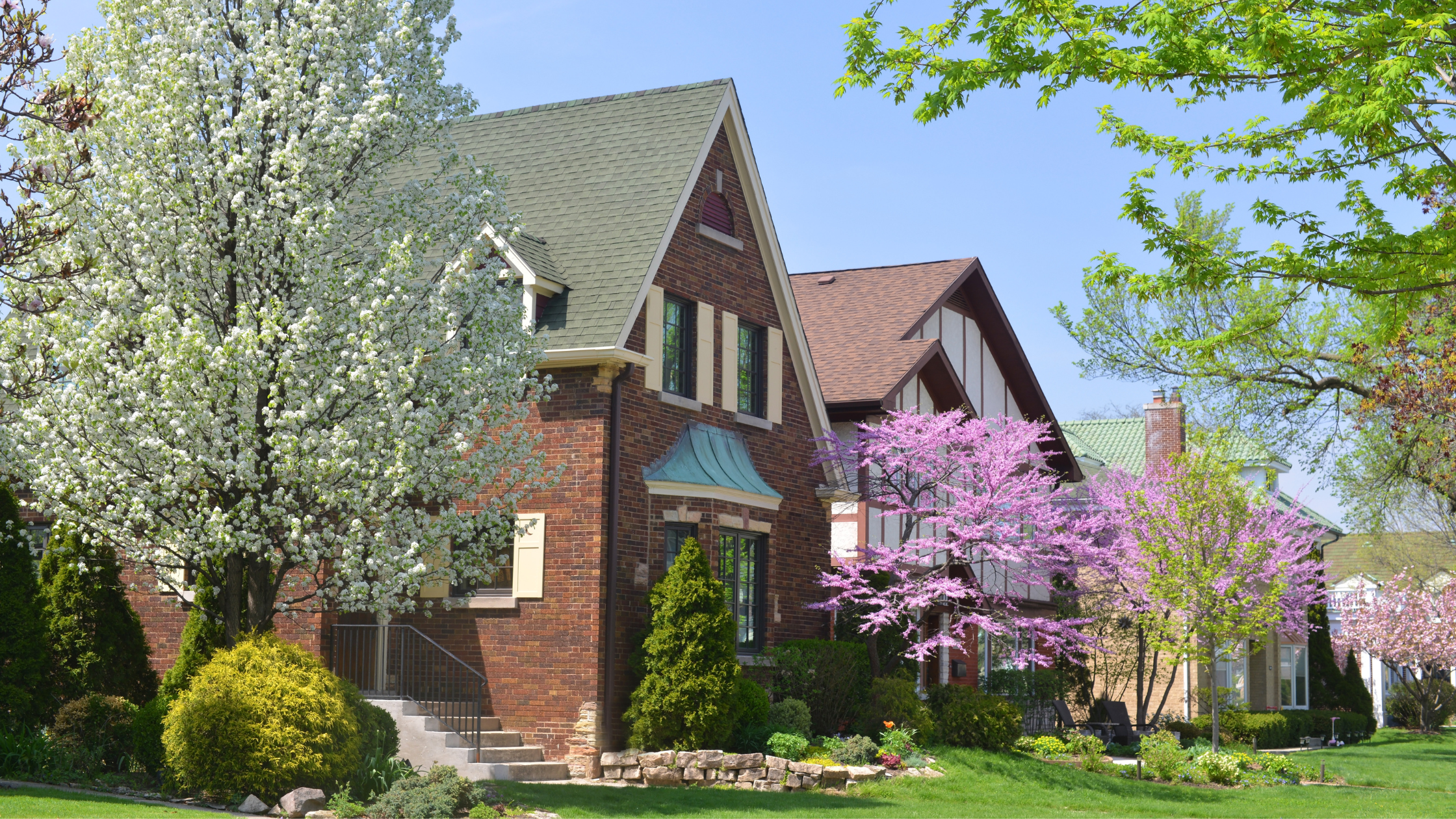A concrete driveway is a long-lasting and practical choice for any home. However, like any other structure, it will eventually need repairs. If not addressed, small cracks and damage can quickly escalate into larger, more expensive issues. In this blog, we'll go over five signs that it's time to repair your concrete driveway.
Cracks and potholes
One of the most obvious signs that your driveway needs repair is the presence of cracks and potholes. While small hairline cracks are common in concrete and typically not a cause for concern, larger cracks should be addressed. These can be caused by a variety of factors, including temperature fluctuations, ground movement, and weight from vehicles. Potholes, on the other hand, are usually caused by water seeping into the concrete and freezing, causing the surface to weaken and break apart. Ignoring these issues can lead to further damage and can even be a safety hazard for both pedestrians and drivers.
Deteriorating surface
Over time, the surface of a concrete driveway can become worn and rough. This can be caused by weathering, oil spills, and the weight of vehicles. A deteriorating surface can not only be unsightly but can also be dangerous, as it can cause vehicles to lose traction. If you notice that your driveway's surface is no longer smooth, it may be time to repair it.
Uneven or sunken sections
If you notice that your driveway has uneven or sunken sections, it's likely that the underlying soil has shifted or settled. This can be caused by a variety of factors, including soil expansion and contraction due to changes in moisture levels, tree roots growing underneath the driveway, and poor drainage. If left unrepaired, these issues can lead to further damage and can even cause the driveway to become a tripping hazard.
Staining or discoloration
Staining or discoloration can occur for a variety of reasons, including oil spills, water damage, and the presence of mold or mildew. While cosmetic in nature, these issues can be a sign of deeper problems, such as a deteriorated surface or underlying cracks. It's important to address staining or discoloration as soon as possible to prevent further damage.
Age
Finally, age is another factor to consider when determining whether your concrete driveway needs repair. While concrete is a durable material, it will eventually wear down and may need to be replaced. If your driveway is over 25 years old and you've never had it repaired or resurfaced, it's a good idea to have a professional assess its condition.
How to Repair a Concrete Driveway
If you're experiencing any of the issues listed above, it's important to address them as soon as possible to prevent further damage. Here are a few options for repairing your concrete driveway:
Crack repair
If you have small hairline cracks, they can often be repaired with a crack filler. These products can be purchased at a home improvement store and are easy to apply. Simply clean the crack, apply the filler, and smooth it out with a putty knife. For larger cracks, you may need to hire a professional to repair them.
Surface repair
If the surface of your driveway is damaged, you may need to have it resurfaced. This process involves applying a new layer of concrete over the existing surface. It's a good idea to hire a professional to handle this type of repair, as it requires specialized equipment and expertise.
Structural repair
If your driveway has uneven or sunken sections, it may require structural repair. This can involve excavating the affected area and repairing or replacing the damaged soil, as well as repairing any cracks or damage to the concrete. It's important to address structural issues as soon as possible, as they can lead to further damage if left unrepaired.
Staining or discoloration repair
To remove staining or discoloration, you'll need to clean the affected area. This can typically be done with a mixture of water and a concrete cleaner, which can be purchased at a home improvement store. If the stain is particularly stubborn, you may need to use a pressure washer or hire a professional to handle the cleaning.
Replacement
In some cases, it may be necessary to completely replace your concrete driveway. This is usually only necessary if the driveway is severely damaged or if it's beyond repair. Replacing a driveway is a major project and should be handled by a professional.
Conclusion
A concrete driveway is a long-lasting and practical choice for any home, but it will eventually need repairs. By keeping an eye out for cracks, potholes, a deteriorating surface, uneven or sunken sections, staining or discoloration, and age, you can catch potential issues early on and prevent them from escalating into more serious and costly problems. If you do need to repair or replace your concrete driveway, be sure to hire a professional to ensure the job is done correctly.




